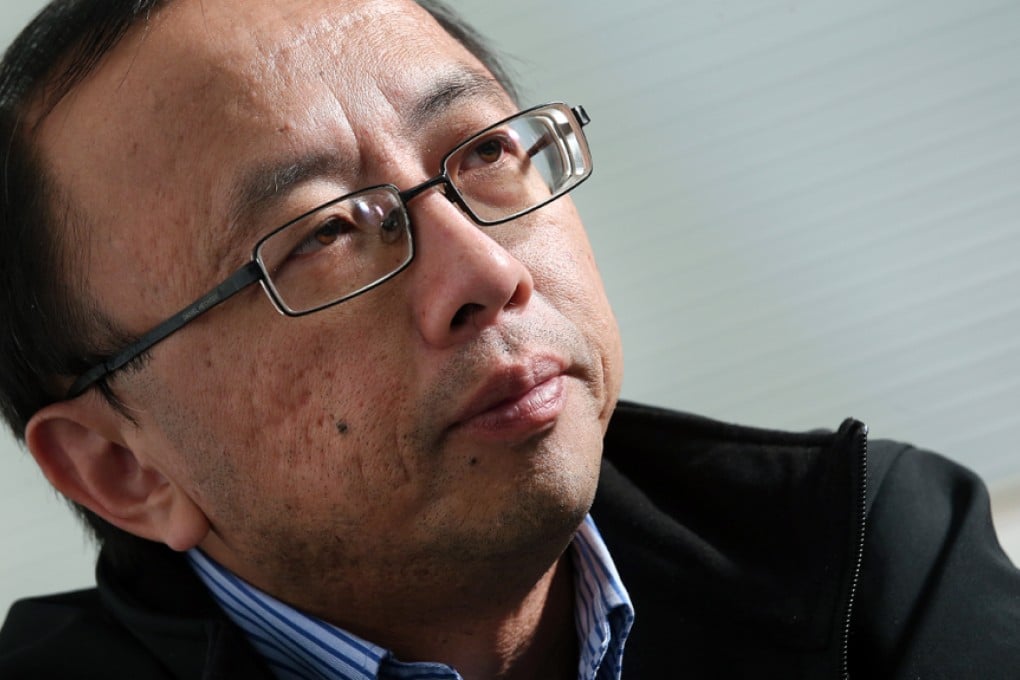Recording conversations ‘not a criminal offence’ says HKU law lecturer amid audio leak controversy
Recording what people say is not a criminal offence and the University of Hong Kong’s decision to request a police investigation into a leaked audio recording of a council meeting is questionable, an HKU principal law lecturer said.

Recording what people say is not a criminal offence and the University of Hong Kong’s decision to request a police investigation into a leaked audio recording of a council meeting is questionable, an HKU principal law lecturer said.
Eric Cheung Tat-ming’s comments came after the leak yesterday of a recording of council member Professor Arthur Li Kwok-cheung discussing the promotion of liberal scholar Professor Johannes Chan Man-mun to a key managerial post during a council meeting in September.
But citing an earlier leak of the university's research assessment results, which was used by a pro-Beijing newspaper to attack Chan, HKU president Peter Mathieson said yesterday any breach of confidentiality was not acceptable and defended the decision to call police.
He said it would be up to police to decide whether a criminal offence was involved and if making the report was a waste of resources.
READ MORE: Police asked to investigate HKU audio leak: outrage over comments made about Johannes Chan
"[The assessment results] were made available to media sources before I'd even seen them as one of the university presidents," said Mathieson. "That makes my job very difficult. So this kind of lack of confidentiality does compromise functions. And I think it's deplorable."